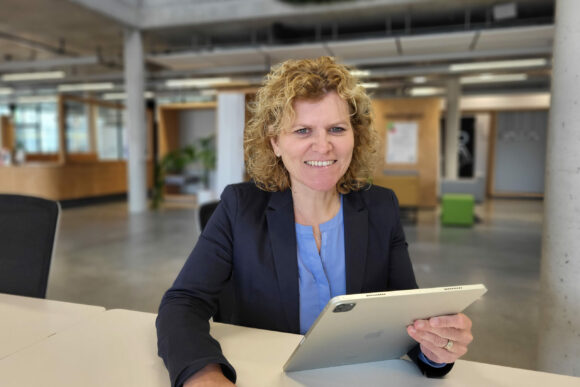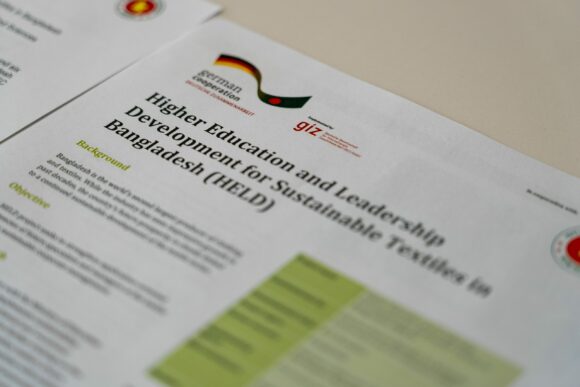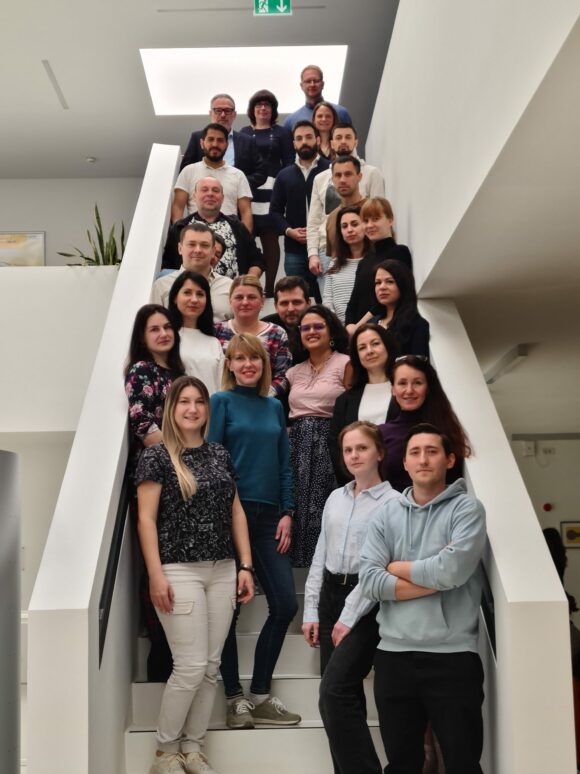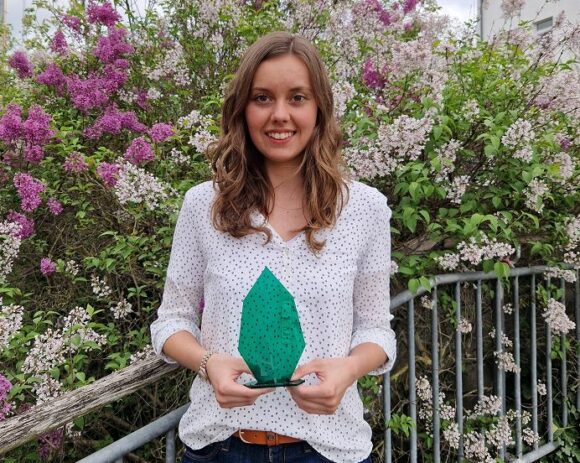A new joint project between the Zoological Society of Hochfranken 1907 e.V. and Hof University of Applied Sciences aims to strengthen environmental education for school children. The project “Aquaponics at the Zoo – Living Sustainability”, funded by the Bavarian Ministry of the Environment, converts the existing aquarium in the Savannah House of the Hof Zoo into an aquaponics display facility and thus aims to familiarize young visitors in particular with the topic of sustainability. Digital accompanying information also contributes to homeschooling.
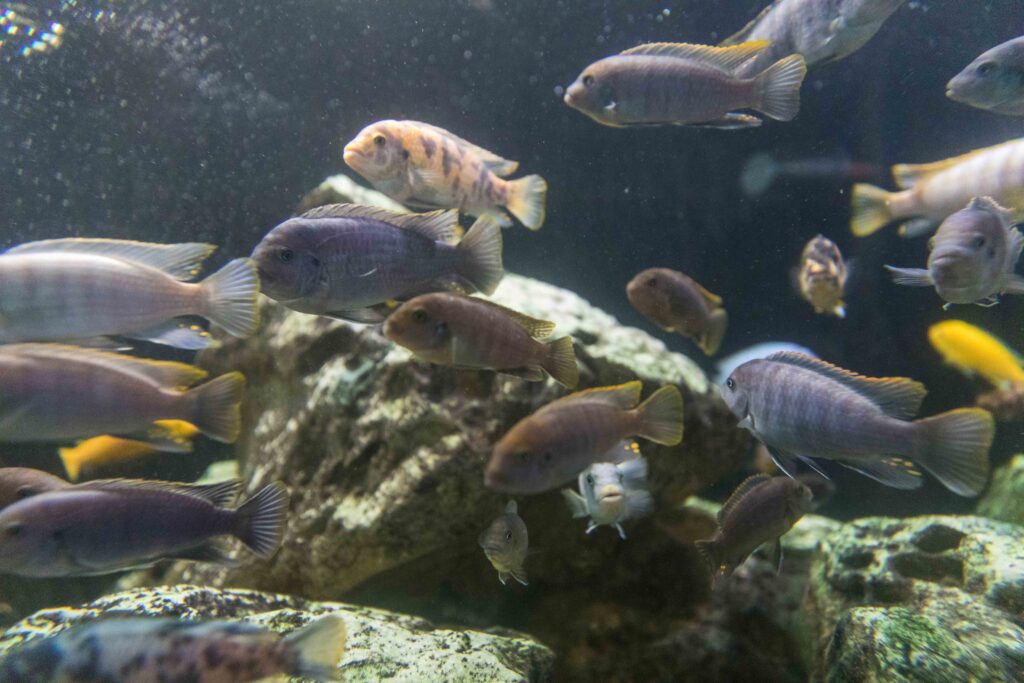
“If you combine good things with each other, they often become even better. This is also true of aquaponics and environmental education,” says Dr. Harvey Harbach. He is the originator of the ideas for the new project at Hof Zoo and is responsible for the aquaculture research area at Hof University of Applied Sciences. There he has years of experience in the field of integrated aquaculture, which includes aquaponics. This is a combination of fish farming (aquaculture) and plant culture without soil (hydroponics). Aquaponics is considered to be a forward-looking form of food cultivation, as it is sustainable and conserves resources – an ideal field, therefore, for imparting knowledge about the environment.
Information for young and old
“As part of the environmental education project that has now been implemented, we have jointly expanded the zoo’s aquarium into a real aquaponics facility. This means that visitors young and old can learn about the benefits of aquaponics there and experience them in practice using the display facility,” says Dr. Harbach. Zoo director Sandra Dollhäupl is also happy about the cooperation
“Especially as a biologist, I am immensely happy about the cooperation with the Green-Tech University Hof. The project combines the work of two institutions in the field of sustainability and environmental education.”
Sandra Dollhäupl, Zoo Manager
The demonstration facility, which is currently under construction, shows how fish waste, specifically their excrement, is beneficially used as fertilizer for the plants cultivated in the water cycle. The purified water then flows back to the fish. This saves fresh water and heating costs. In addition, the plant biomass provides fresh, valuable green food for the other zoo animals at any time of the year. “This concept is based on urban farming, food production in urban areas. It reduces transport distances and thus additionally CO2 emissions,” says Dr. Harvey Harbach.
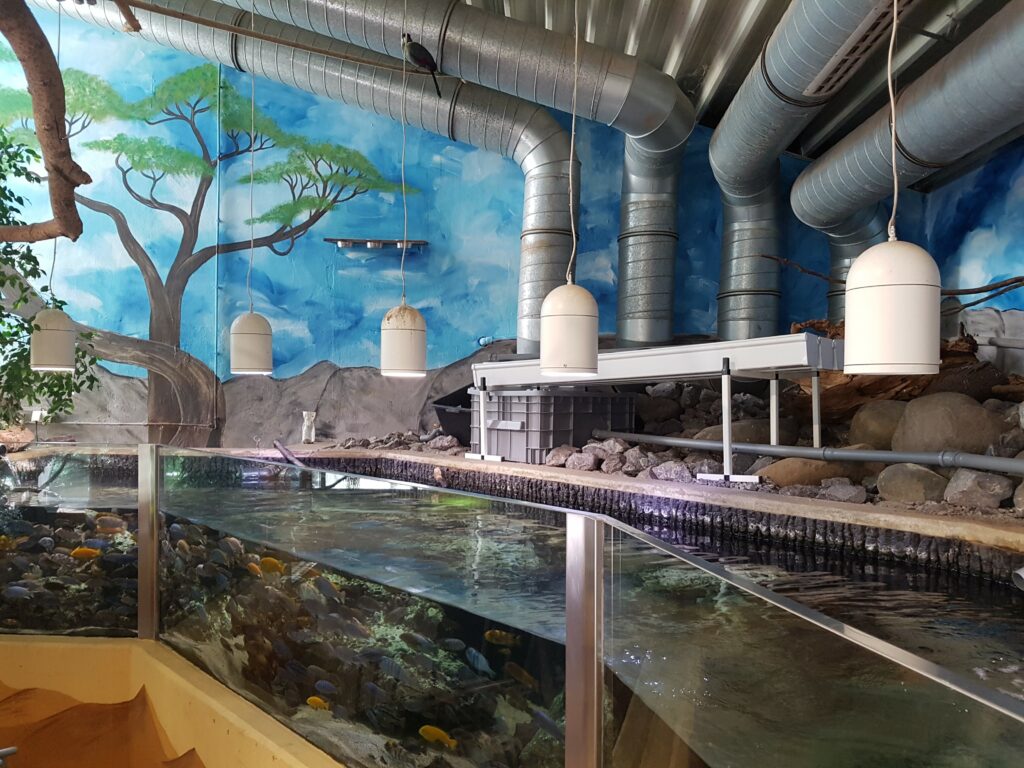
Digital support
In addition to the possibility of visiting the display facility at the Hof Zoo, additional online learning opportunities are also provided for school children and other interested parties. Thus, contactless information about the subject is provided and parents, children and also schools are supported in the area of homeschooling. The technical information and digital learning content on the subject is provided by Dr. Harvey Harbach and the Institute for Water and Energy Management at Hof University of Applied Sciences (iwe). This especially benefits school children who still have to learn in homeschooling. Dr. Harvey Harbach
“I can very well empathize with the permanent burden of parents with children in homeschooling from my own experience and hope that we can make a small contribution to their relief with our project.”
Dr. Harvey Harbach
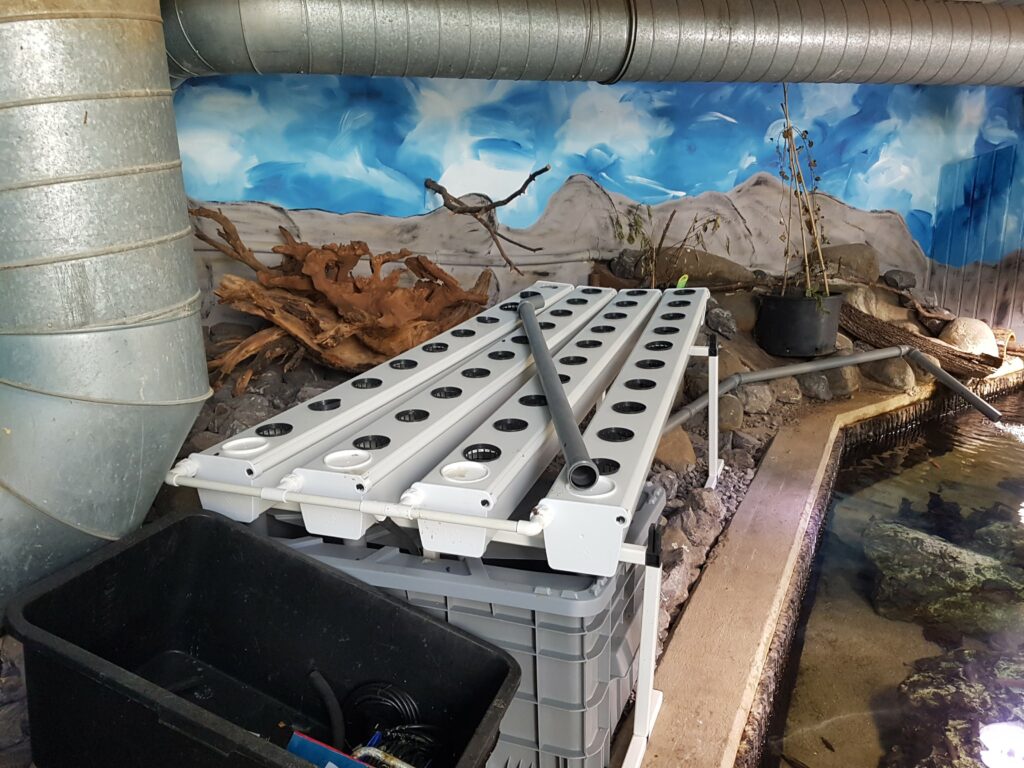
Further projects planned
However, the work does not end with the environmental education project: the plant will continue to be tinkered with and used for environmental education in the future. “It offers itself together with the enterprises of the region to inform to the topics environmental pollution, new technologies and also to regenerativ energies”, so Sandra Dollhäupl and Dr. Harvey Harbach unisono.
The educational project is supported by the Bavarian State Ministry for the Environment and Consumer Protection within the framework of the “Promotion of the Intensification of Environmental Education in Bavaria”
Further information at www.hof-university.de and www.zoo-hof.de




